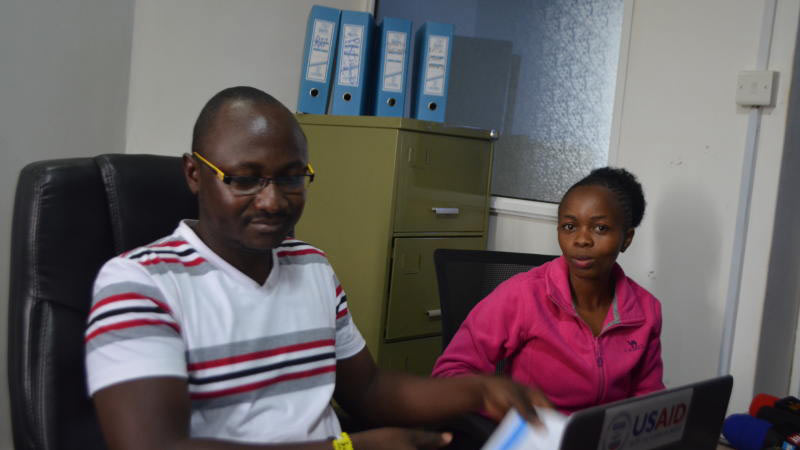×
The Standard e-Paper
Kenya’s Boldest Voice

People living with hearing impairment have complained of being side-lined in employment as well as procurement processes by both the Government and the private sector.
The Deaf Empowerment Society of Kenya decried that out of the 800,000 deaf people in the country, only about 20,000 are employed.